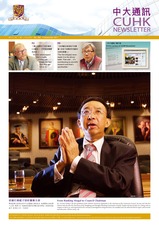Hopefully is a common enough word that to see it decried and debunked by so many style books borders on revelation.
The less wary would find the following sentence perfectly acceptable:
Hopefully, the sky would clear up when we set out on our hike.
Hopefully, which means ‘with hope’, is here used as an equivalent to ‘I hope …’ or ‘It is hoped that …’. The Elements of Style calls this usage ‘not merely wrong … but silly.’ (4th ed., p. 48)
Kingsley Amis says that this usage ‘has never been respectable’ and that the author of such a sentence is ‘a dimwit at best.’ He goes on to explain:
The most serious objection to the use of hopefully in a dangling position, often signaled by a following comma, is not that it is not good English, though it is not, nor that it is a trendy usage, though it is, nor even that the thing remains obstinately afloat after many well-aimed salvoes of malediction, but that it is dishonest. (The King’s English, pp. 158–159)
The Economist Style Guide also has a paragraph dedicated to this hapless adverb and advises:
… by all means begin an article hopefully, but … [t]ry with luck, if all goes well, it is hoped that … (10th ed., p. 74)
Editor
www.iso.cuhk.edu.hk/english/features/style-speaks/index.html

































































































































































社交網路書籤